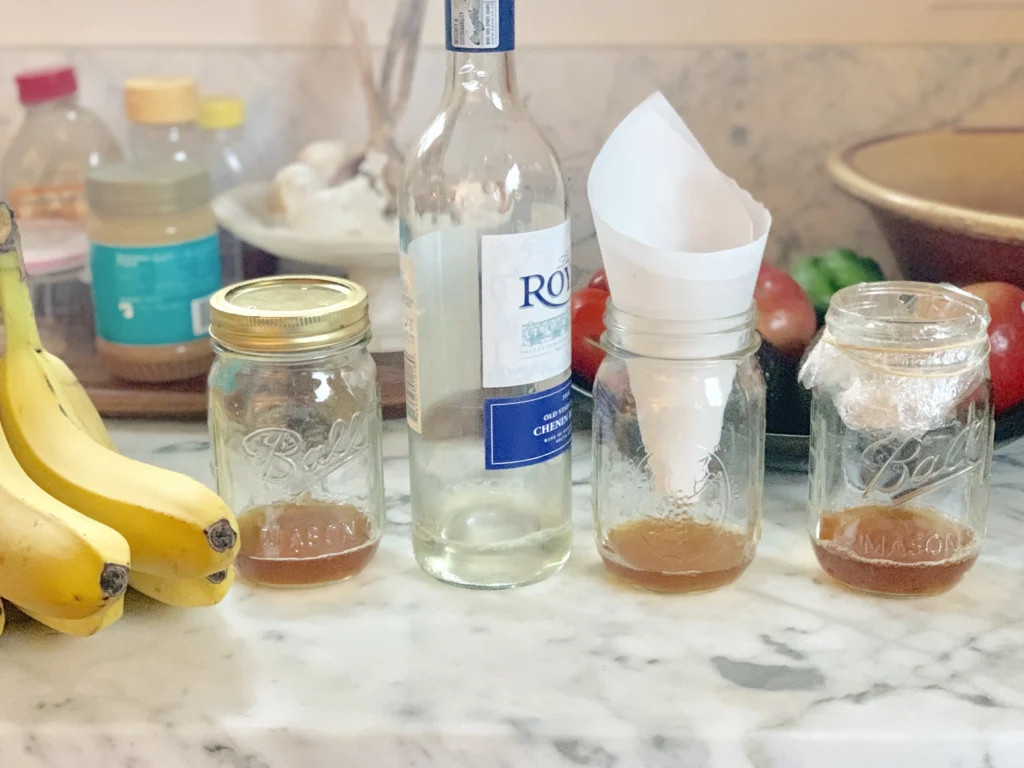A Personal Journey in Tackling Fruit Flies
When fruit flies first appeared in my kitchen, I underestimated their persistence. Initially, I thought tossing out some bananas would solve the problem, but they kept coming back. That’s when I realized a more comprehensive approach was necessary.
I inspected every corner of my kitchen and found a sticky juice spill behind the toaster—a major attractant. After cleaning the area thoroughly, I set up an apple cider vinegar trap. Within hours, I saw fewer flies. Cleaning my sink drains with a boiling water and vinegar mixture was another breakthrough, as it removed both flies and a lingering odor.
Through consistent effort and preventive measures like storing produce in the fridge and promptly cleaning up spills, I finally rid my kitchen of fruit flies. Now, I maintain these habits to keep them at bay.
Conclusion: Say Goodbye to Fruit Flies for Good
Eliminating fruit flies from your kitchen requires a combination of thorough cleaning, effective trapping, and preventive measures. By addressing sources of infestation, removing breeding grounds, and maintaining a clean environment, you can banish these pests and ensure they don’t return. With persistence and attention to detail, you’ll enjoy a fruit fly-free kitchen.
Frequently Asked Questions
Q: What’s the fastest way to eliminate fruit flies?
A: Setting up apple cider vinegar traps and thoroughly cleaning your kitchen are the quickest solutions.
Q: How can I clean my drains to remove fruit flies?
A: Use a mixture of boiling water and vinegar, followed by scrubbing with a stiff brush. Enzyme-based cleaners can help with stubborn buildup.
Q: Can fruit flies pose health risks?
A: While fruit flies don’t bite, they can contaminate food with bacteria, so thorough cleaning is crucial.
Q: Are fruit flies the same as gnats?
A: No, fruit flies are attracted to fermenting food, while gnats are often drawn to soil and water.
Q: Can cold temperatures kill fruit flies?
A: Cold temperatures slow their activity, but dormant eggs may hatch when conditions improve.
Q: Are chemical sprays effective for fruit flies?
A: Chemical sprays kill adult flies but don’t address breeding sites. Cleaning and traps are more effective.
Q: How long does it take to fully eliminate fruit flies?
A: With consistent effort, fruit flies can be eradicated within a few days to a week.
Q: Are essential oils safe to use as repellents?
A: Yes, essential oils like peppermint and lavender are safe and effective for repelling fruit flies.
Q: Why are fruit flies attracted to garbage disposals?
A: Moisture and organic residue in garbage disposals provide ideal breeding conditions.
Q: Can fruit flies come from houseplants?
A: While fruit flies are not usually attracted to houseplants, fungus gnats in overwatered soil can be mistaken for them.


:max_bytes(150000):strip_icc()/How-to-prevent-fruit-flies-FT-BLOG0724-7060ee343a7c4676af481177d290e20f.jpg)